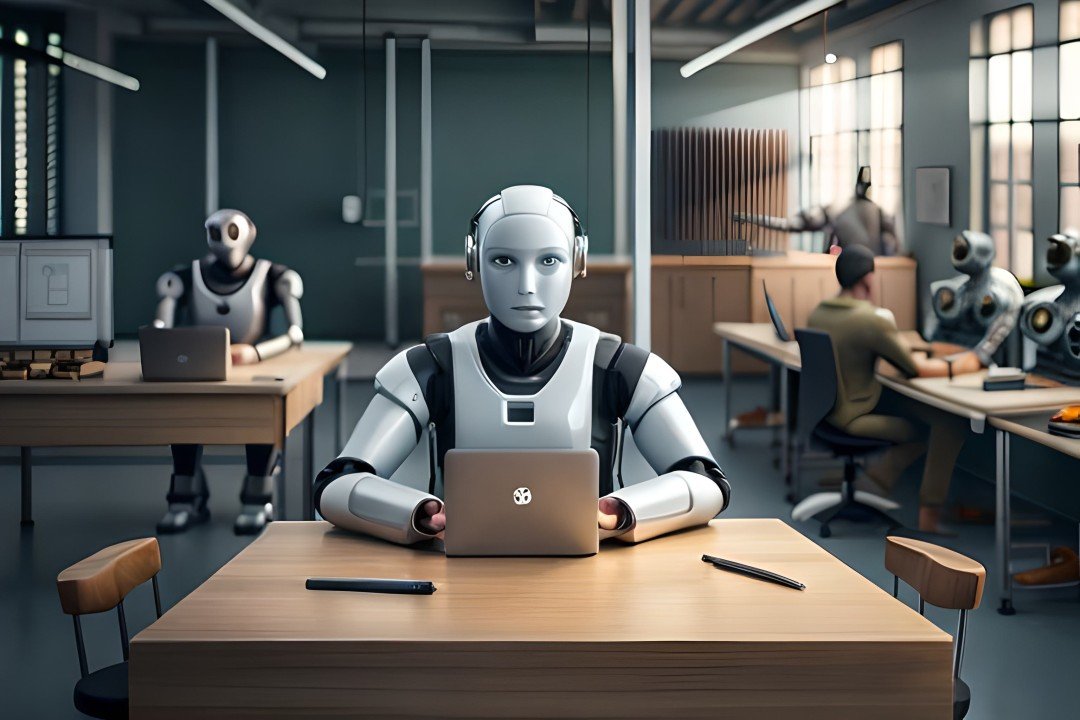AI and Employment: Preparing for the Jobs of the Future
Artificial Intelligence (AI) has become an integral part of our lives, transforming various industries and revolutionizing the way we work. As AI continues to advance, there is a growing concern about its impact on employment. Will AI replace human workers? How can we prepare for the jobs of the future?
The Rise of AI in the Workplace
AI technology has made significant strides in recent years, enabling machines to perform tasks that were once exclusive to humans. From automated customer service chatbots to self-driving cars, AI is reshaping industries and creating new opportunities.
However, this technological advancement has raised concerns about job displacement. Many fear that AI will render human workers obsolete, leading to widespread unemployment.
Adapting to the Changing Job Landscape
While it is true that AI will automate certain tasks, it is unlikely to replace human workers entirely. Instead, AI will augment human capabilities, allowing us to focus on more complex and creative tasks.
To prepare for the jobs of the future, individuals and organizations need to adapt and acquire new skills. Here are a few ways to stay relevant in the age of AI:
- Continuous Learning: Embrace a mindset of lifelong learning. Stay updated with the latest developments in your field and acquire new skills that are in demand.
- Embrace Creativity: Develop skills that are difficult to replicate by machines, such as critical thinking, problem-solving, and creativity. These skills will become increasingly valuable in a world driven by AI.
- Collaboration with AI: Learn to work alongside AI systems and leverage their capabilities. AI can assist in data analysis, decision-making, and process optimization, allowing humans to focus on higher-level tasks.
Creating New Opportunities
While AI may automate certain jobs, it also creates new opportunities. As AI technology advances, new roles and industries will emerge, requiring a different set of skills.
For example, AI will create a demand for professionals who can develop, maintain, and improve AI systems. Additionally, there will be a need for individuals who can interpret and make sense of the vast amount of data generated by AI.
Conclusion
AI is undoubtedly transforming the job market, but it is not a threat to human employment. By adapting to the changing job landscape and acquiring new skills, we can embrace the opportunities that AI brings. The key lies in continuous learning, embracing creativity, and collaborating with AI systems. Together, humans and AI can shape a future where technology and employment coexist harmoniously.



































